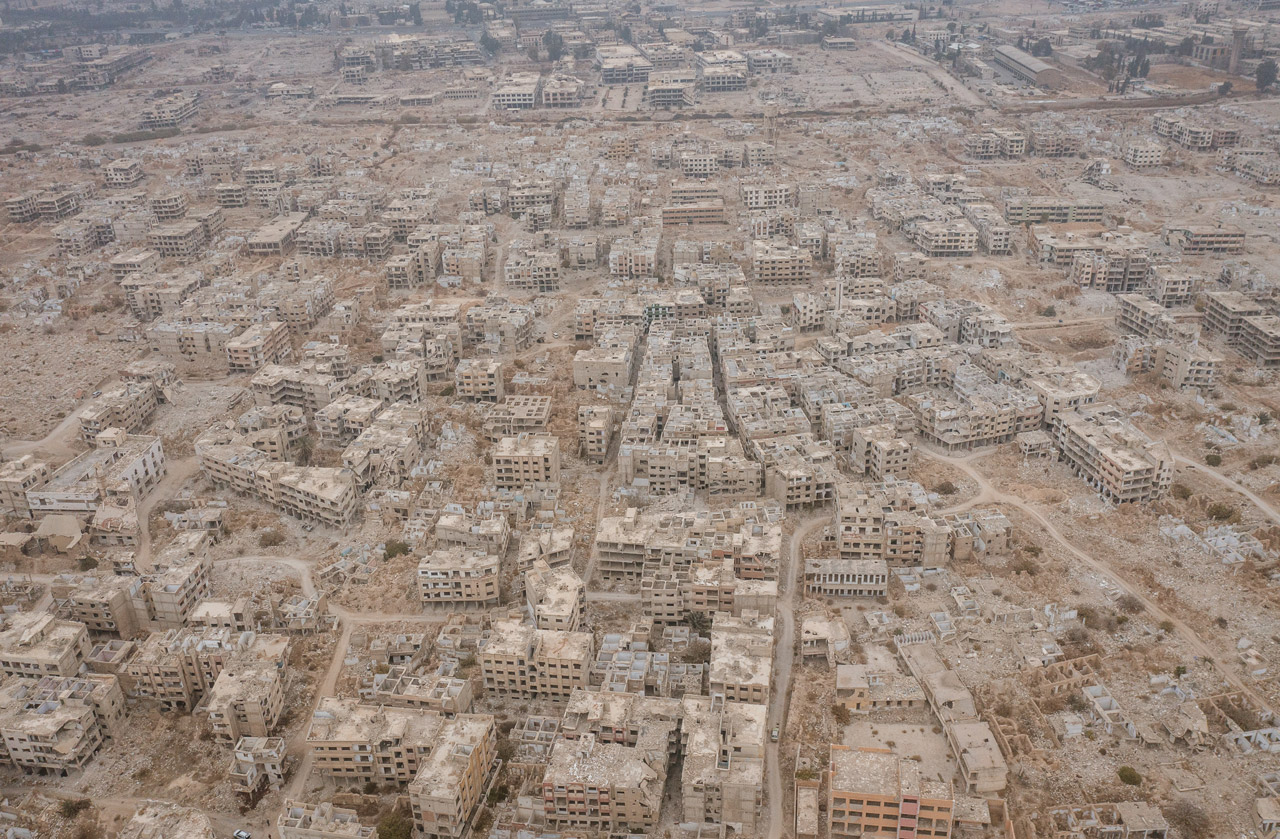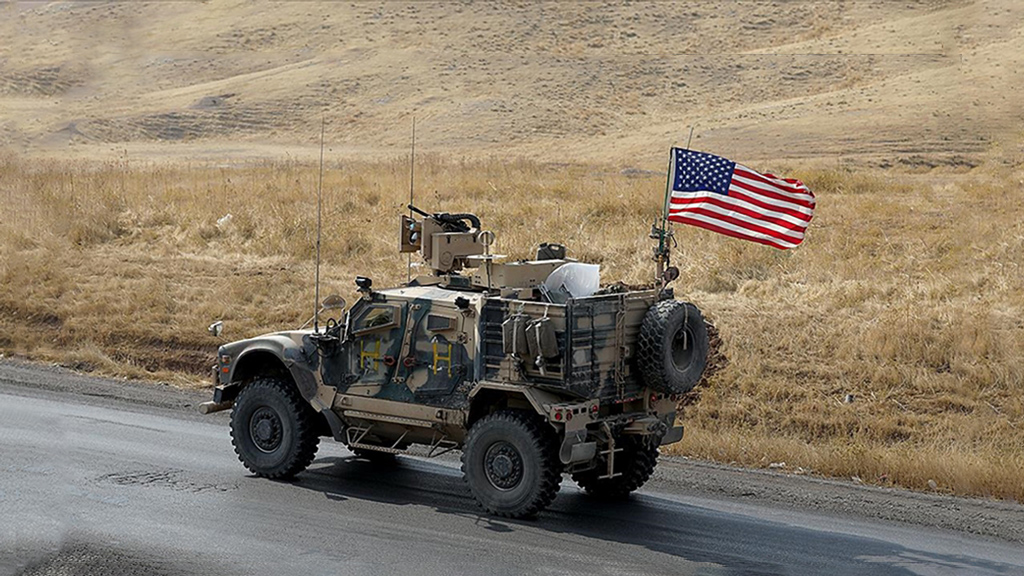
U.S. and Turkey: the 'Difficult Choices' in Syria
"Difficult choices" of various stakeholders in the Syrian conflict will entail serious consequences. With Bashar Assad getting closer to remaining in power throughout the transition period, the disintegration of Syria and the YPG's future will emerge as the main policy issues.
Share
At a joint press conference with Foreign Minister Mevlüt Çavuşoğlu, U.S. Secretary of State Rex Tillerson responded to a question about the People's Protection Units' (YPG) involvement in the Raqqa operation by saying that Washington had to make some "difficult choices" in Syria.
Unlike Mr. Tillerson, the Turkish government sent a clear message, to the Trump administration: Stop cooperating with the YPG in northern Syria and extradite Fetullah Gülen to Turkey.
To be clear, hardly anyone thought that the former energy executive's visit to the Turkish capital could resolve long-standing problems in Turkey-U.S. relations. If Washington and Ankara decide to make a fresh start, the decision would have to be made at the presidential level. To make matters worse, the U.S. secretary of state made the rounds against the backdrop of the arrest of a senior executive of Halkbank in New York and media reports about an official from the U.S. Consulate in Istanbul making a suspicious phone call with Adil Öksüz, a senior leader of the July 15 coup attempt, five days after the failed coup.
Although Secretary Tillerson said that Washington wanted to hand over Raqqa to the local population, he was reluctant to provide insights into the YPG's role in the impending military operation. He made it clear that the administration considered the fight against Daesh and the containment of Iran as shared goals. However, it is unclear what the U.S. wants Turkey to do regarding Iran – provided that Washington is unable to understand why the Turks complain about the YPG.
Perhaps the only upside of Mr. Tillerson's visit was that he obtained information from Turkish officials that he could take back to Washington and use as ammunition in the ongoing battle between various agencies over the administration's Turkey policy. In recent years, the Pentagon and CENTCOM's military/technical focus has taken precedence over the State Department's political/strategic priorities. Unfortunately, the Trump administration has been unable to change the balance of power that Barack Obama created. Brett McGurk, Mr. Obama's pro-YPG special envoy, managed to keep his job after the transition. While the Turks are waiting to hear back from Washington about Raqqa, there are signs that the White House will keep working with the YPG – but wants to find a way to minimize the damage to Turkey-U.S. relations first. Meanwhile, certain groups in Washington have been threatening Ankara by targeting a senior executive of a Turkish bank citing alleged violations of the Iran sanctions. Whether the Americans are prepared to offer a "carrot" remains to be seen.
My sense is that Mr. Tillerson reflected on the future challenges in Syria when he talked about difficult choices. It is quite likely that the situation in Idlib, not just Raqqa, will escalate over the coming months. Hours before the U.S. secretary of state's visit, the Turkish government announced that Operation Euphrates Shield, a military incursion intended to remove Daesh militants from the border, had been completed. However, it was important that the Turks did not rule out future military operations in Syria against Daesh and the YPG.
Pending the Trump administration's final decision on Raqqa, a spokesman for the YPG announced that the Russians considered enlisting the group's services in Idlib as a ground force – which indicates that the Assad regime might be trying to hire the YPG militants to address their need for additional troops. Meanwhile, the Free Syrian Army (FSA) said they considered the YPG as their greatest enemy and threatened to target the group – which, they claim, wants to divide Syria. Finally, the Astana and Geneva talks have currently entered a period of hiatus.
Keeping the above developments in mind, it would appear that the clashes in Syria will start escalating as Daesh and al-Nusra get weaker. However, the civil war isn't necessarily entering its final stage: As the YPG accumulates too much power; the balance of power will have to change again.
For the Middle East, the "difficult choices" of various stakeholders in the Syrian conflict will entail serious consequences. With Bashar Assad getting closer to remaining in power throughout the transition period, the disintegration of Syria and the YPG's future will emerge as the main policy issues. Recalling that the U.S. desperately wants to isolate Iran, the region is likely to witness the birth of new alliances and the start of additional hostilities.
[Daily Sabah, April 7, 2017]
Tags »
Related Articles
Opinion
Imperialism Orientalism and Zionism: The shaping forces of US Middle East policy
November 2024






